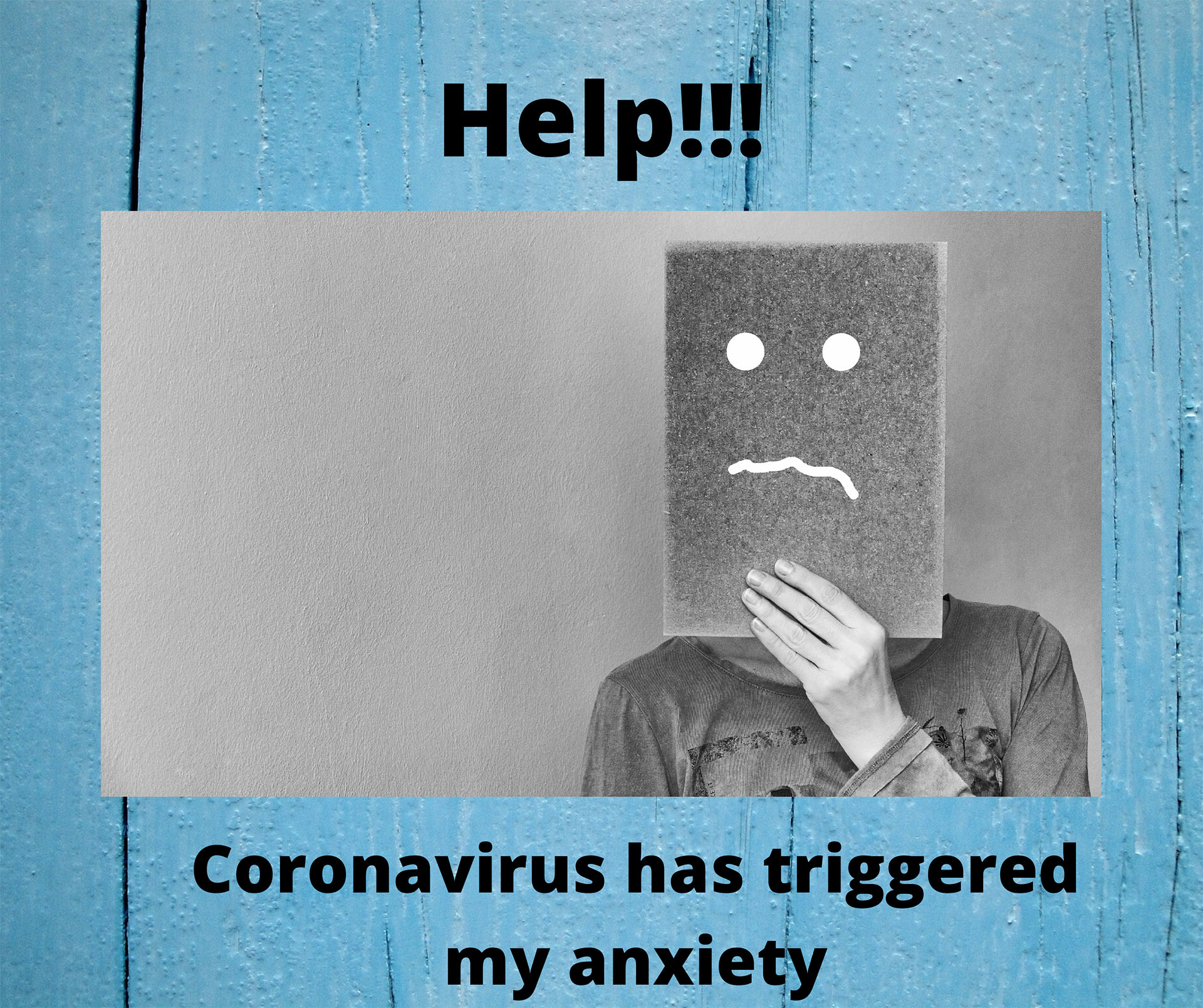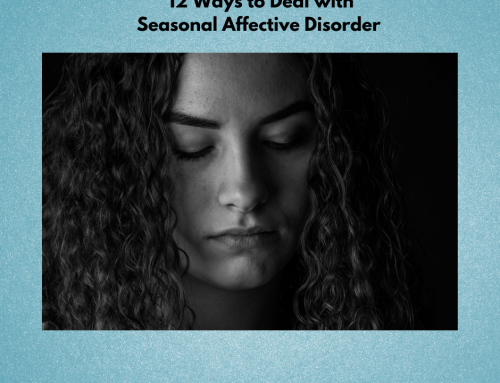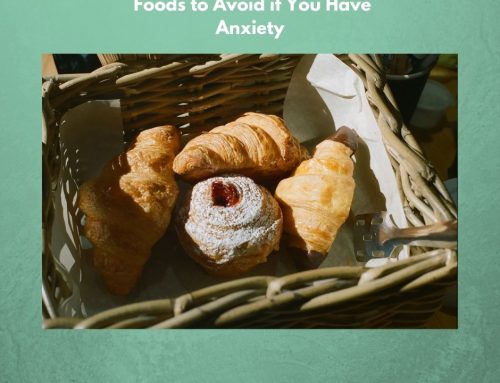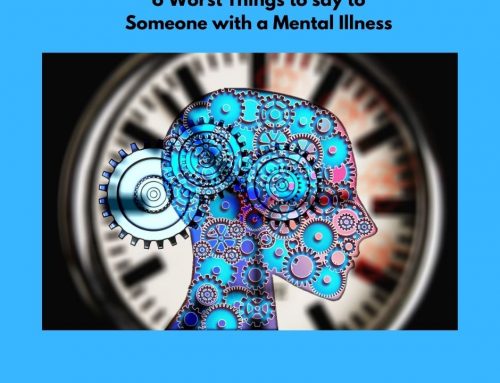This pandemic has triggered all sorts of feelings for people. This is new for all of us and we really are in this together and yet, sometimes, we feel like we’re struggling all alone. Everyone has their own reasons for worrying. For some, it’s financial, for others it’s worrying about elderly parents, some of us are thinking about our kids and what this means for their education, while there are those of us who are just trying to cope with having their whole family under the same roof…all the time!
I fall under a few of those categories. I definitely feel the loss for my kids, probably more than they do. I feel the loss of their education, the loss of them being with their friends, the loss of their summer plans and the loss of them being carefree. For myself, I do worry about maintaining my private practice from home while keeping up with all of the overhead, but I’m doing my best and am focusing on professional development. For my family in general, well that’s been the biggest adjustment. My husband is used to working out of town 4 days a week. Over the years, the kids and I have gotten into a groove during the week that works for the four of us. And then on the weekends, we enjoy being together as a family with my husband. But now, it’s the five of us, all of the time! Morning, noon and night.
My dog couldn’t be happier. For him, the coronavirus pandemic is the best thing that ever happened to him. In fact, I don’t know how he’ll ever return to his normal pre-corona days existence. But my husband, well he’s gone from working long hours and full days to not working at all. He can’t do his job from home and he’s bored. The kids are doing school work, I can work from home and my dog, well, he’s a professional napper. My husband is restless, worried about his career and is trying to keep himself occupied. The coronavirus has taken its’ toll on him.
These are five of the suggestions I’ve given him that seem to work:
- Quit watching the news. It’s important to watch the news and stay informed, especially since they are advising us on safety precautions to take, but there’s a lot of misinformation going around. If you find yourself compulsively turning on the news and watching it, try to limit that. Pay attention to how you feel during and after watching the news. If you notice a rise in your anxiety, pull back on your viewing and watch it less frequently.
- Exercise. For some people, their symptoms of anxiety are greatly reduced and improved with just 10-15 minutes of moderate aerobic exercise a day. In order for this improvement to remain on going, the exercise should be regular and weekly. Regular exercise releases endorphins which not only reduces anxiety, but it also helps you cope with some of the symptoms of anxiety: exercise improves mood, concentration, confidence, body image, sleep, muscle tension and more.
- Make a plan. Anxiety becomes a problem for so many people because of the uncertainties surrounding their thoughts. The “what ifs.” The “I can’t do this.” Negative thoughts that surround anxiety, make it hard for people to be motivated, which in turn, makes it hard for them to feel successful and positive. Having a routine can change that by giving you a plan. The plan that you create, can provide structure to your day. This structure allows you to take back control, by filling your time with things that make you feel successful, confident, empowered and happy.
- Stay connected. Yes, we all need to socially distance ourselves right now. Humans are naturally social beings and being away from others can be hard. Even those of you who are introverts still crave connections. Being isolated from family and friends can be difficult and can spark a rise in feelings of loneliness which can increase feelings of anxiety and depression. That’s why it’s so important to continue to reach out to others. When this all started, I started to throw around the term zooming. I’d say to my husband and kids let’s find some people to zoom. My kids looked at me like I was crazy. “Mom, stop using the term zoom like a verb!” We laughed. But seriously, in some ways I feel more connected to my friends and family than I did before. We’re all making a bigger effort to reach out and talk. Just try not to focus every conversation on the coronavirus. You need to take a break from your anxious thoughts.
- Positive affirmations. Affirmations are short, simple statements that are a form of positive self-talk. They are used to help you take control of how and what you think, which has a large impact on how you feel. Using affirmations daily have a calming effect and can help focus the mind by turning negative thoughts into positive ones. Speaking positively to yourself is a way of reminding yourself that things are not always what they seem. You can acknowledge that you feel anxious and can recognize the negative thoughts, but you don’t let them control you. Using affirmations take practice. It is much more natural for our thoughts to be negative. Even on days when you don’t feel particularly anxious, it’s good to use affirmations. Training yourself to be a positive thinker takes time and effort; but it will pay off. The more positive you are, the less room there is for negativity and anxiety.









